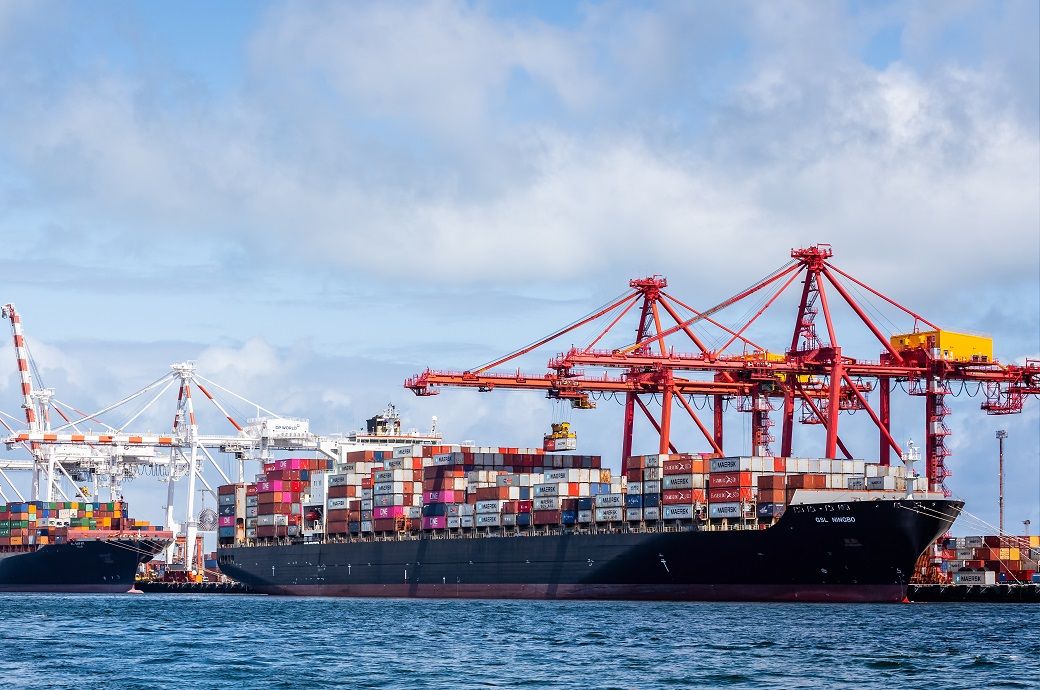
Australia’s zero import duty access to India (earlier 5 per cent) will create a level playing field with exports from China, Vietnam, and Bangladesh, according to Ind-Ra.
A long-term shift for meaningful volume increases, which encourages incremental capex, would necessitate improving the cost competitiveness and availability of a pool of skilled labour. The availability of domestic sources of cotton and long-term visibility of demand (combined with other FTAs being signed) could encourage domestic entities to diversify exports and manage demand cyclicality better.
Given the economic challenges being faced by some exporting nations and the increasing need to diversify supply chains, Indian home textile/garment producers are likely to benefit. Given the slowdown being experienced by the US and Europe, this could provide partial relief along with other FTAs likely to be signed with UAE, UK, Canada, and Israel. These markets have an aggregate textile import of $60 billion and even an incremental gain of 5 per cent for India would be a 50 per cent gain on the existing exports of $6 billion. The total textile export from India to the world aggregated $43 billion in financial year 2022 (FY22).
India exports a significant proportion of its low value-added products (25–30 per cent in FY22) such as yarn and fabrics to China, Bangladesh, and Vietnam which use them to value add and export to countries such as Australia and other potential FTA partners. Ind-Ra expects removal of these tariff barriers through FTAs to increase the incentive to create value addition within the country and increase the proportion of such products in the overall export basket. This will aid the process of diversification and limit the inherent cyclicality associated with the industry. The textile industry, especially lower down the value chain, remains susceptible to booms and busts, and it is likely that with a less cyclical demand, the risk of defaults and restructuring is reduced significantly over a period of time, according to the data by Ind-Ra.
Cost competitiveness is required for structural shift. The removal of duties under the FTA would need to be complemented with improved cost competitiveness with other Asian exporters. China, Vietnam, and Bangladesh continue to hold major market shares in the import basket of Australia and a meaningful shift in volumes would necessitate looking at addressing tax anomalies, shortage of skilled labour and increasing the focus on sustainable practices including use of green energy. As wage costs in China continue to rise, India would stand to benefit, although, India’s costs are still higher in relation to Vietnam, Bangladesh and Pakistan, Ind-Ra further suggested.
Ind-Ra as part of its mid-year outlook for FY23 has revised the sectoral outlook for textiles to deteriorating to reflect the slowing demand in the US and Europe. The build-up of inventories on account of the cut back on discretionary product expenditure and the reallocation of expenses to services have reduced imports into the key US market. Consequently, the home textile segment continues to experience a demand slowdown, whereas other segments of cotton, apparel, and man-made spinning continue to benefit from the China-plus-1 sourcing and continuing US ban on the use of cotton from Xinjiang, China. However, given the discretionary nature of textile products, Ind-Ra expects the slowing demand in Europe, the US and other parts of the world to have an impact on textile exports. In addition, small yarn players facing cotton availability issues are likely to get impacted.
“Our rating Outlook on textile companies remains stable, and while we expect a demand slowdown in exports to developed markets, some of that may be mitigated by domestic demand and softening cotton prices. The benefits of FTAs are likely to be at the margins in the initial couple of years, but over a period of time, this will provide opportunities for diversification and moving up the value chain for the Indian cotton industry,” said Rohit Sadaka, director at Ind-Ra.
ALCHEMPro News Desk (DP)
Receive daily prices and market insights straight to your inbox. Subscribe to AlchemPro Weekly!